The origins of the Aowin State date back to the late 12th century when the Guan ethnic group migrated from Bono Techiman. This migration, led by Akradi, brought the group to the fertile lands near the Tano River in present-day Ghana, close to the border with the Ivory Coast.
Due to internal strife within the group, Akradi’s nephew, Tano Kwaw Benbuin, led a faction further south to settle by the Juaboso River. After a period of settlement by the Akyease River, the Aowin people finally established their capital in Enchi, marking the foundation of the Aowin Kingdom.
The early Aowin settlers encountered and integrated with the indigenous hunter-gatherer communities, laying the groundwork for the Aowin state. Over time, as they solidified their presence, the Aowin resisted external influences, particularly from the Asantes, preserving their distinct identity within the Akan cultural sphere.
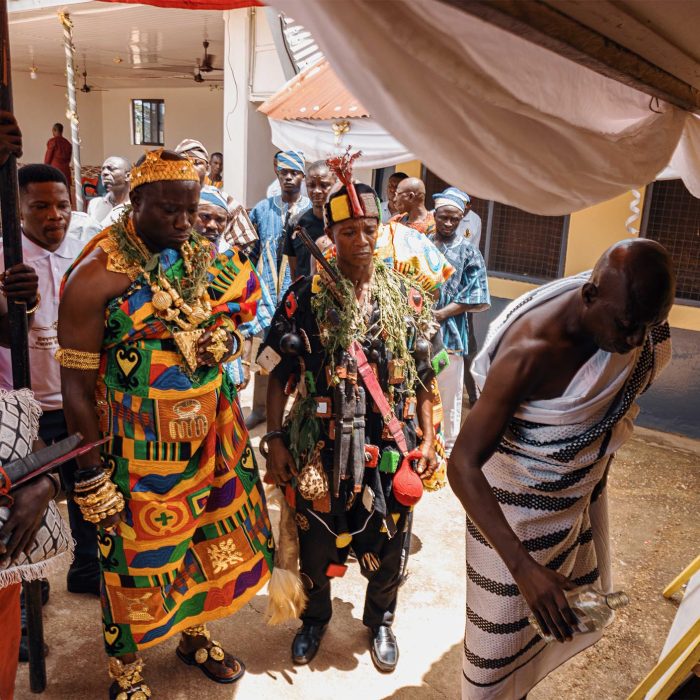
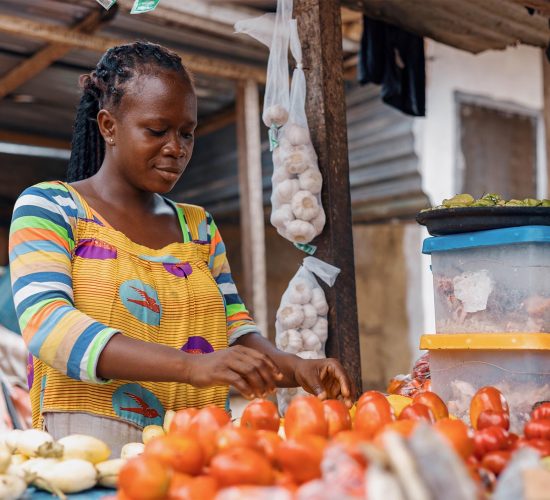
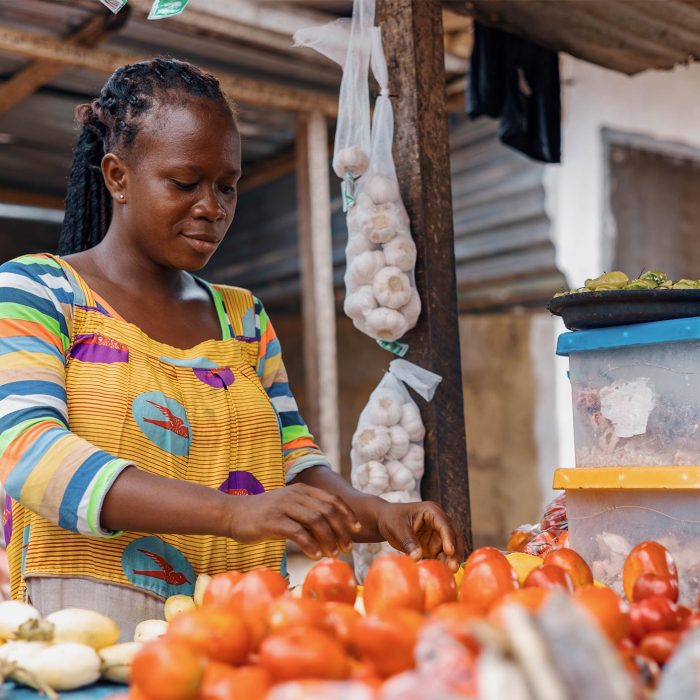
The Aowin people quickly developed significant trade connections with neighboring groups, particularly the Nzema. These relationships facilitated the exchange of goods such as gold, salt, and kola nuts, and played a vital role in the region’s economy. The arrival of the Portuguese on the West African coast in the 15th century further boosted the local economy.
The Portuguese, drawn by the region’s rich gold resources, established trading posts and initiated new trade dynamics, which brought European goods and influence into the area. Gold mining became central to the Aowin economy, with the people gaining a reputation for their skill in mining and trading the precious metal. The wealth generated from gold trade contributed to the rise of the Aowin Kingdom as a regional power.
The culture of the Aowin people was shaped by interactions with neighboring Akan groups, including the Sefwi, Nzema, and particularly the Asante. Initially resistant to Asante influence, the Aowin gradually integrated Asante customs and governance structures, blending them with their own traditions. This cultural exchange was deepened through intermarriage and the need to maintain strong trade relationships. As the Aowin Kingdom grew in strength, it developed a centralized government led by the Omanhene, or paramount chief. This governance model, inspired by the highly organized and militarized Asante Confederacy, profoundly impacted Aowin’s political structure.
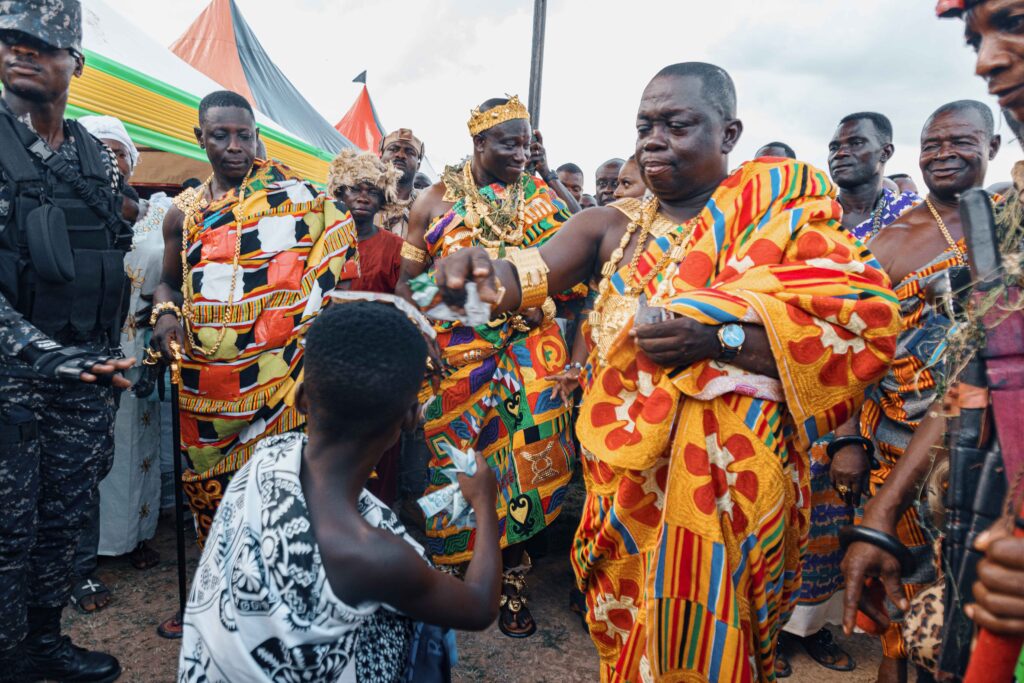
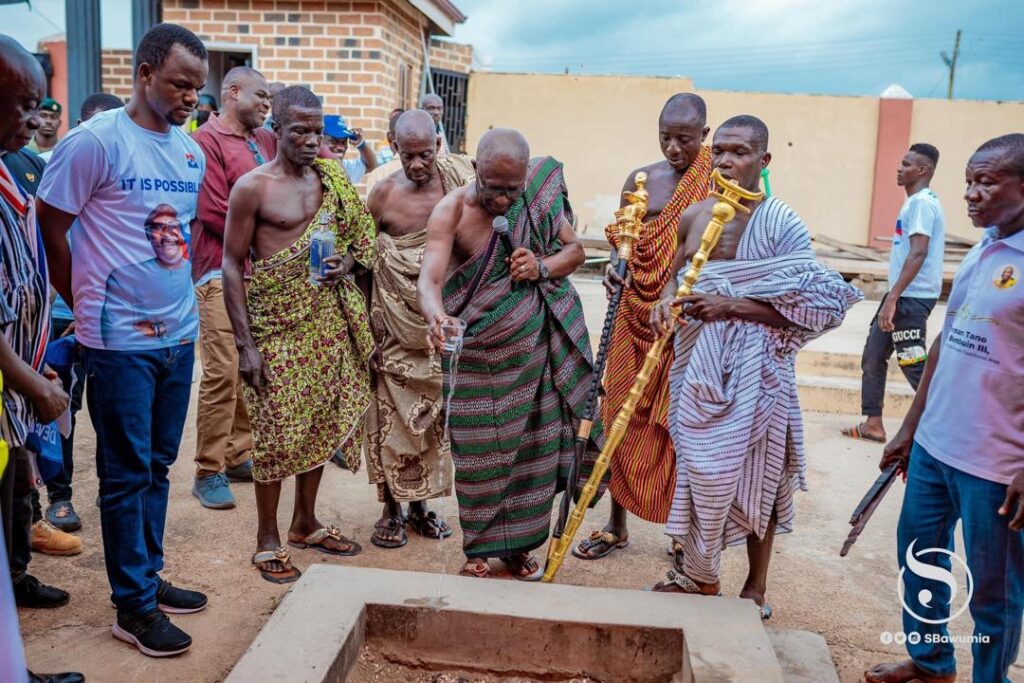
As the Aowin people established their presence in the region, they founded several major towns that became centers of administration, trade, and culture. One of the most significant of these settlements is Enchi, which today serves as the capital of the Aowin Traditional Area. Enchi was strategically located to control key trade routes and became a hub of economic activity. The town’s establishment marked a turning point in the consolidation of Aowin power in the region.
Other important settlements were founded during this period, each playing a role in the social and economic life of the Aowin people. These towns not only served as administrative centers but also as symbols of the Aowin’s enduring presence in the region.
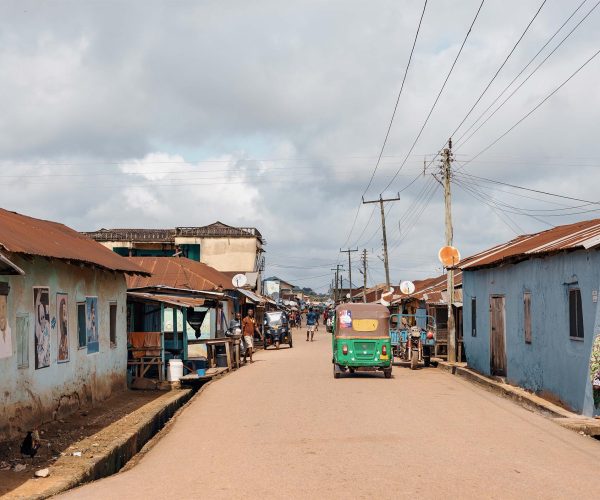
The Aowin Kingdom rose to prominence as a formidable military power by the late 16th century. Under the leadership of key figures such as:
Annor Asema: A revered leader who played a crucial role in establishing the foundations of the Aowin state. His leadership was characterized by strategic alliances and the expansion of Aowin’s territory.
Atta Baa: Known for his wisdom and diplomatic skills, Atta Baa strengthened the relationships between the Aowin and neighboring states, ensuring peace and stability in the region.
Ebiri Moro: A warrior king, Ebiri Moro led the Aowin in military campaigns that extended the kingdom’s influence into parts of present-day Sefwi, Western North Region, and even regions in Southern Ivory Coast.
These leaders were instrumental in establishing the Aowin Kingdom as a dominant force in the region.
The kingdom’s military might was matched by its strategic alliances and participation in regional conflicts, including battles against the Akan states and the Ahanta-Denkyira and Asante alliances.
In the 19th century, the Aowin people supported the British in their efforts against the Asante, a move that significantly contributed to the establishment of British colonial rule in Ghana.
This alliance marked a turning point in the region’s history and demonstrated the Aowin’s adaptability in the face of changing political landscapes.
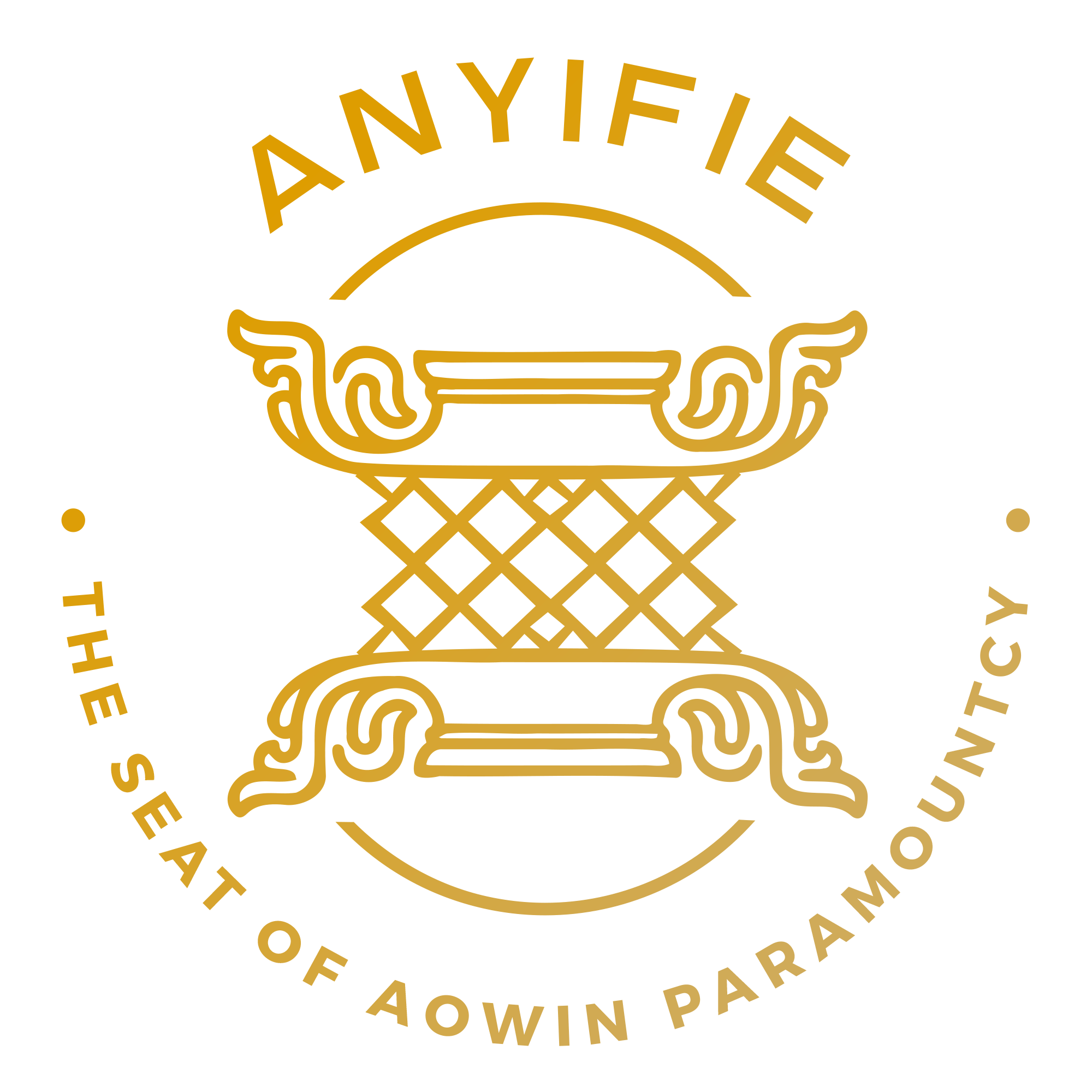
Copyright © 2024 Anyifie By ThirdLaw. All rights reserved.